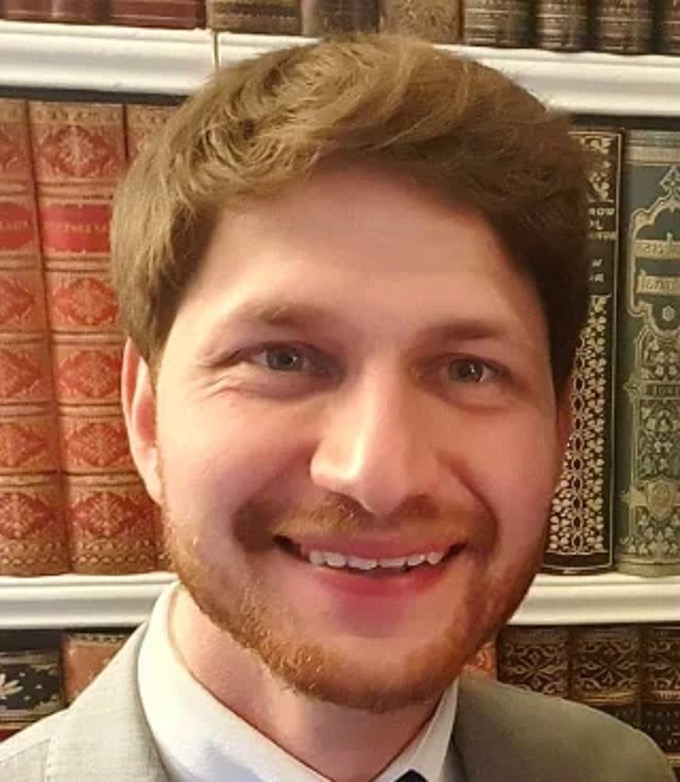Christopher Arran will join the Cockcroft Institute as a Lecturer at Lancaster University at the start of 2025. He works on high intensity laser-matter interactions and how we can use lasers as unique particle accelerators to study fundamental physics.
During his PhD at Oxford, Chris worked on producing high energy electron beams using laser wakefield acceleration, in which an intense laser pulse drives strong plasma waves, capable of accelerating electrons to GeV energies over just centimetres. By employing resonance between plasma waves and by creating plasma-based optical fibres, he studied ways to make this process more efficient and capable of operating at higher repetition rates. Moving to the University of York, Chris then used collisions between these electron beams and intense lasers to produce bright gamma rays and to understand how light and matter interact in some of the strongest electric and magnetic fields on the planet.
By using electron and ion beams from laser-driven accelerators as probes of fundamental physics, Chris studies processes from electron-positron pair production to heat flow in strong magnetic fields. Using simulations on high performance computing clusters he identifies signatures of different physics models before testing these models with experiments at high power laser facilities. Among other things, Chris is also interested in plasma diagnostics, novel ways of driving laser wakefields, and applying Bayesian optimisation methods to improve our experimental parameters.
Dr Arran said of going the Cockcroft “I’m excited to be joining the world-class accelerator team at the Cockcroft to work on these powerful tools for physics discovery. By developing ultrafast beams from novel laser-driven accelerators we can study a wide range of QED and plasma physics happening on timescales from femtoseconds to nanoseconds. I’ll look forward to learning from the expertise across the Institute and working with the team to provide new capabilities to better understand our universe.“

